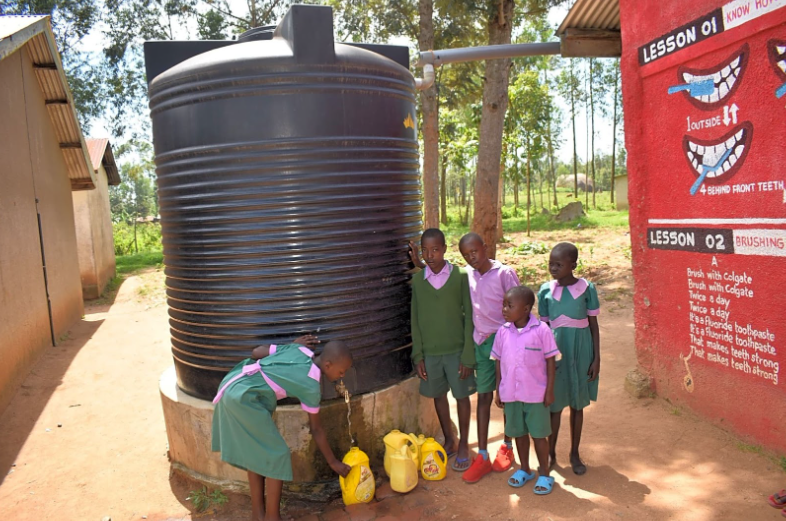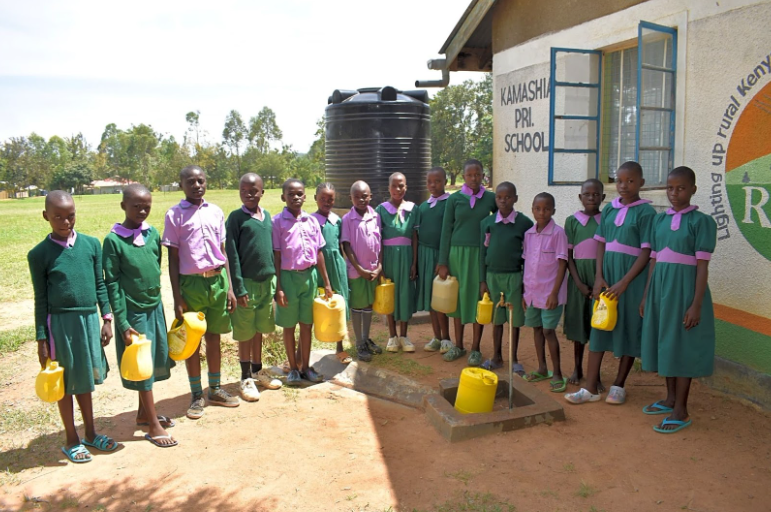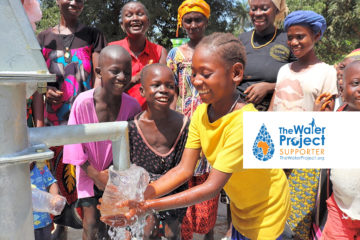Kamashia Project
In the quest for sustainable development and community upliftment, initiatives like the Kamashia Project stand as beacons of hope, showcasing the power of collaboration and targeted support. Stemming from the successful completion of the Laminaya Project in 2022, FORT, a philanthropic organization committed to enhancing livelihoods, embarked on a mission to extend its reach further into communities in need. The selection of the Kamashia Project was not arbitrary; rather, it exemplifies FORT’s strategic approach to addressing pressing needs while fostering long-term growth.

At the heart of FORT’s decision-making process lies a commitment to supporting projects that have a transformative impact on entire communities. In 2023, The Kamashia Project, situated in Kenya, emerged as a fitting choice due to its potential to alleviate the burdens associated with water scarcity while concurrently bolstering educational opportunities, particularly for children. By investing in water projects that cater to entire communities, FORT aims to break the cycle of water-related hardships, liberating individuals from the relentless task of fetching water and affording them more time and resources to invest in education and other pursuits essential for their holistic development. Through this holistic approach, FORT not only addresses immediate needs but also lays the groundwork for sustainable progress, empowering communities to thrive independently.

The Kamashia Project embodies more than just the provision of clean water; it symbolizes a catalyst for change and a catalyst for community empowerment. Beyond the tangible benefits of access to clean water, this initiative fosters a sense of ownership and collaboration within the community. By actively involving community members in the planning, implementation, and maintenance of the water project, FORT ensures sustainability and cultivates a spirit of resilience among the residents. Moreover, the ripple effects of the Kamashia Project extend far beyond the boundaries of water access, as improved health and sanitation lead to economic empowerment and increased productivity. As community members spend less time and resources on water-related issues, they can redirect their efforts towards income-generating activities, further contributing to the socioeconomic development of the region. Thus, the Kamashia Project serves as a testament to the transformative power of strategic philanthropy and collective action in fostering lasting change and improving lives.




0 Comments